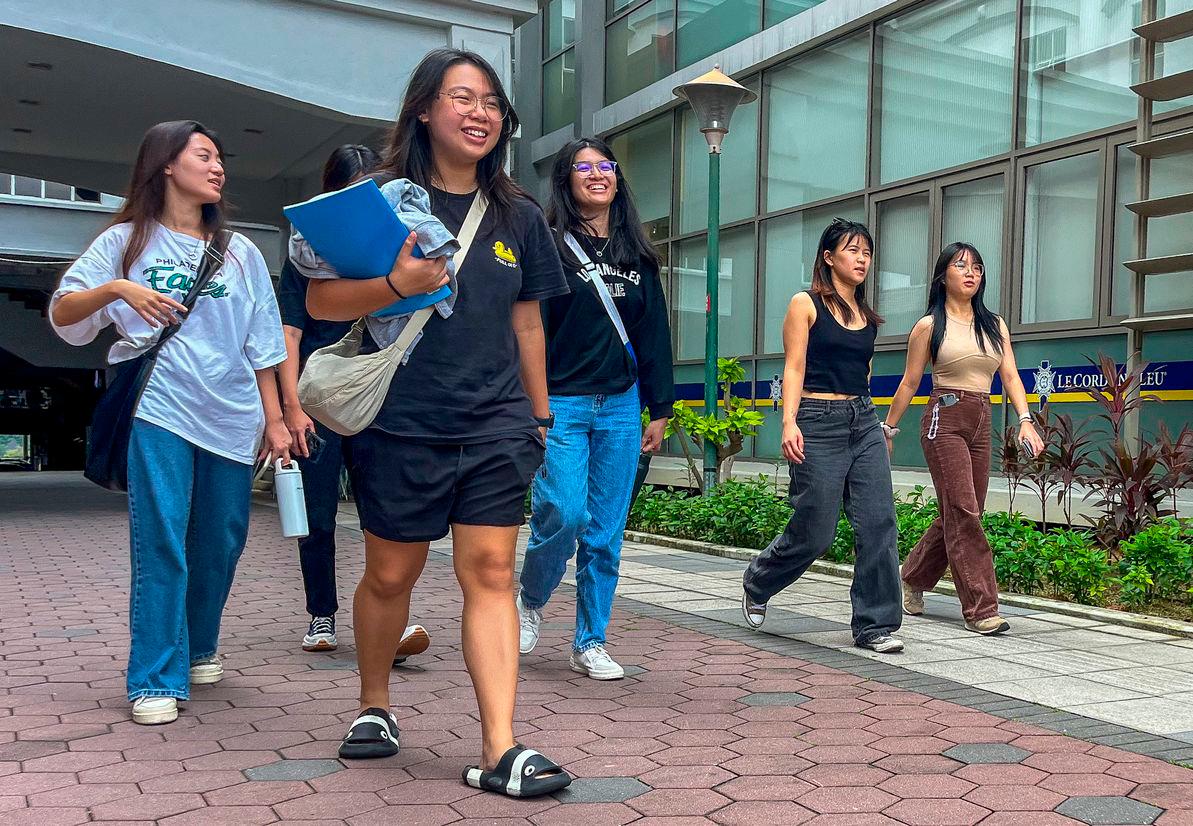GEORGE TOWN: The Penang Hindu Association has stated that Malaysia cannot lament about brain drain issues while sidelining its own top achievers, and called on student admission division panels to respect the constitutional right to education and ensure fairer access to university placements.
Its president Datuk P. Murugiah said the rejection of top scorers has become an annual crisis, with many students expressing frustration over being denied entry into courses despite good academic results.
“Every year, when (Higher Education Ministry) releases its list of successful applicants, the same complaints resurface. Despite excellent grades, many are turned away from their chosen fields. This year is no different. The voices grow louder annually, yet the Education Ministry has (not found) a solution,” he told theSun.
“With merited candidates sidelined, the system becomes skewed, disadvantaging high achievers and eroding equity.”
He was responding to a ministry official’s claim that rejections happen because the number of high achievers exceeds available seats at public universities.
“Can’t the ministry restructure the quota system to expand the intake so that high achievers (receive) places in public universities?”
He added that it is the country’s education system that enables students to achieve near-perfect CGPAs and it is unjust to deny them opportunities for higher education simply because of rigid quotas.
He said while intake at matriculation colleges has increased, the number of places at universities has not kept pace, leaving many high achievers stranded.
Beyond admissions, he also said systemic inequities extend to employment and economic opportunities, despite safeguards under the Employment Act 1955 and Article 8 of the Federal Constitution.
Citing Public Services Commission data, he said Malaysian Indians make up only 3.7% of civil service officers.
“Does this mean there is a lack of merit and competence among them to serve in government?”
Murugiah also highlighted limited access to government projects, opportunities in government-linked companies and under-representation in national sports.
He said the gaps stem from systemic barriers, historical neglect and restricted opportunities, not a lack of talent or interest.
“Justice for minorities lies in upholding their rights to participate in society, free from discrimination and systemic oppression.”









